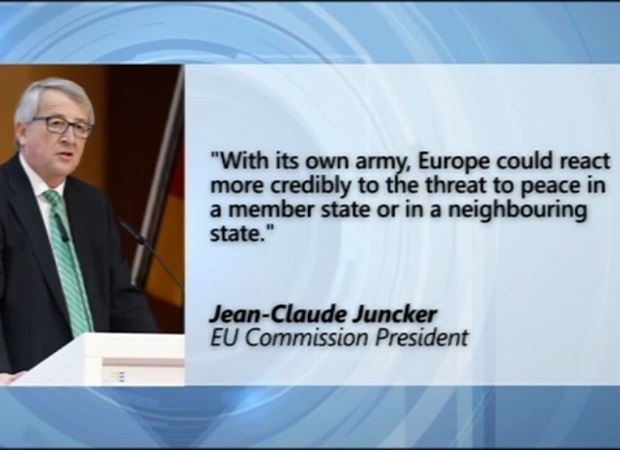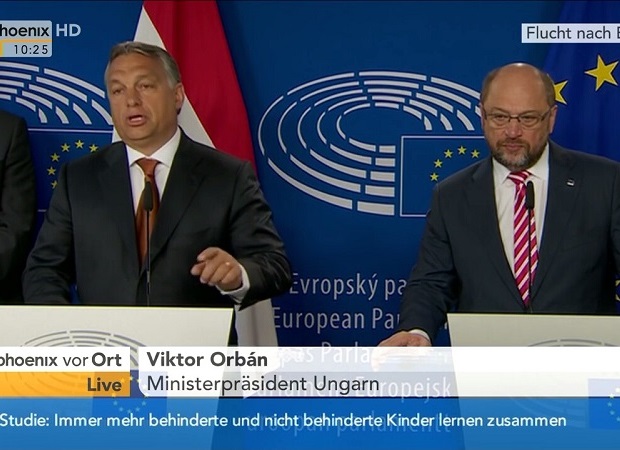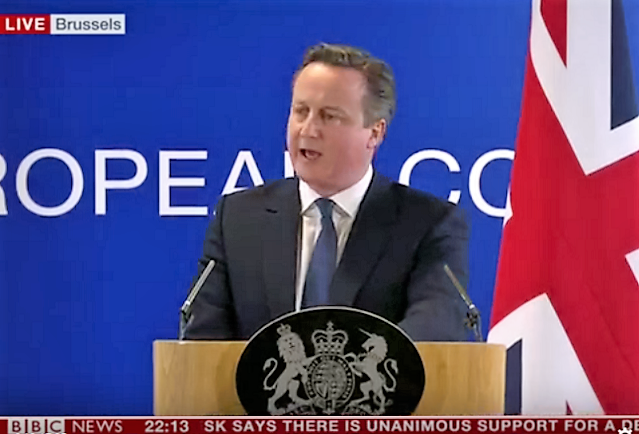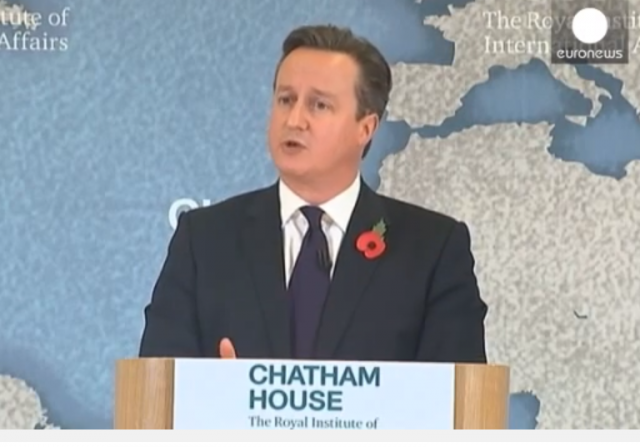EU Referendum: Britain will be forced to join EU Army if ‘Remain Campaign’ wins, says UK Minister
on June 02, 2016
18 Comments
According to UK Armed Forces Minister Penny Mordaunt, Britain must join a European Union Army under Brussels’s direct command if the country stays within the EU. The ominous revelation comes as British voters are heading towards a historic ‘in-out’ referendum on June 23. What could only be described as cynical manoeuvring, EU bosses intends to table the plan a day after the British referendum -- concealing the totalitarian nature of the ‘European Project’ from the British voters.
Mordaunt made it clear that if her country were to stay in the EU as a result of a "remain vote", her government would be “powerless” to stop the formation of an EU Army. Furthermore, UK would be “bound to support” and bankroll such an Army under the provisions of existing Lisbon treaty. “As usual with the EU, the plan for this army would see Britain paying highest price and but getting a raw deal. They've done that with our budget, I'm not going to let that happen to our armed forces,” Minister Mordaunt told the UK voters.
The preparations for new pan-European Army outside the framework of NATO are long under way. Germany and The Netherlands have reportedly merged their army and naval assets to form a core fighting force that would serve as the basis for a new EU Army. NATO officials had recently accused France of neglecting its commitment to NATO-alliance by diverting resources to build an EU Army.














